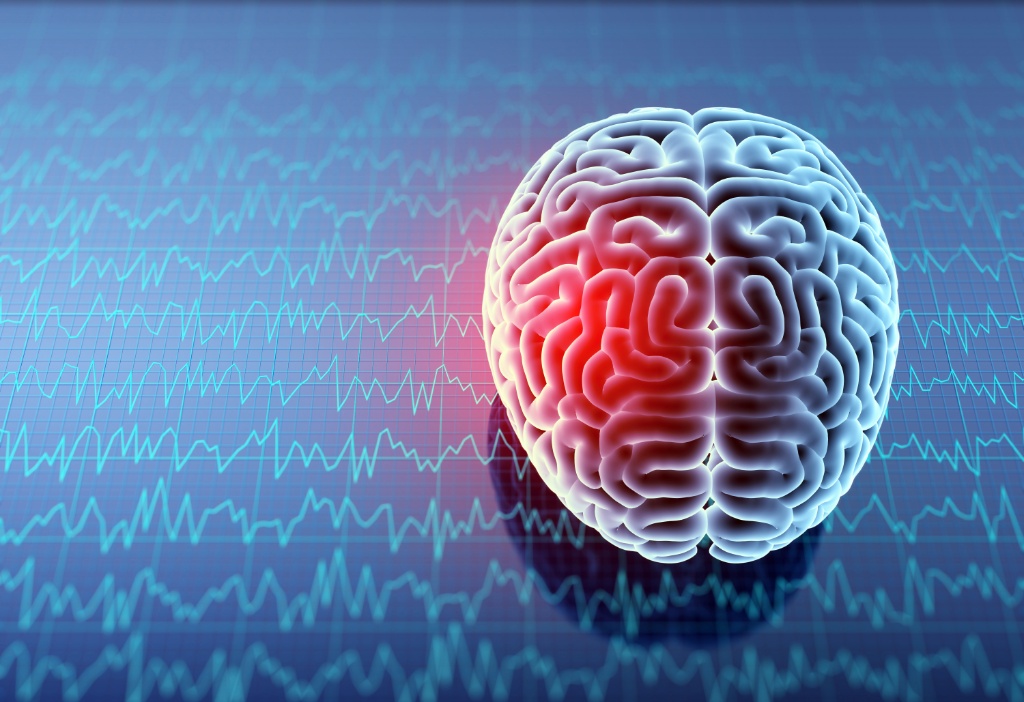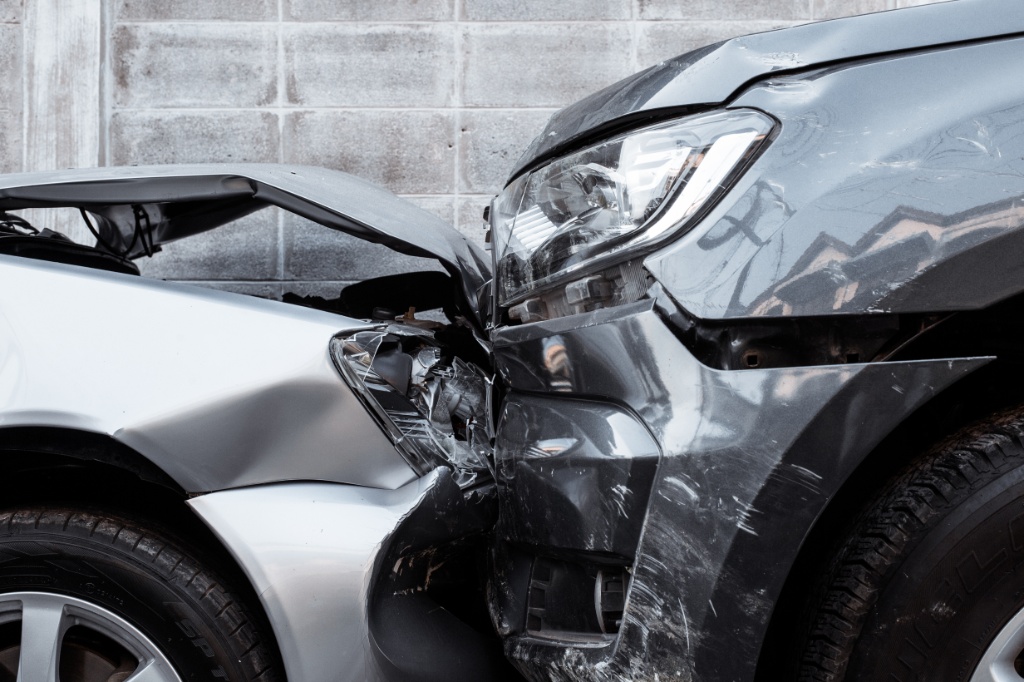Preszler Law Blog

news
|
May 29, 2025
Smoking in Canada: The Territories That Have the Most and Least Smokers and the Effect This Has on the Public Healthcare System
New Brunswick Has Highest Smoking Rate in Canada, Study Reveals New Brunswick leads Canada with a smoking rate of 15.8%, exceeding the national average of…

car accident
|
March 19, 2025
Recognizing Concussion Signs After a Car Crash
The shock of a car crash can be overwhelming. The resulting injuries can be devastating, particularly concussions. Recently, there has been an increasing awareness of…

premises liability
|
March 19, 2025
Holiday Parties: Your Legal Obligations as a Host
Since the Supreme Court of Canada’s decision in Menow v. Jordan House LTD, 1974 SCR 239, it has been established that commercial hosts (ie. bars…

airplane accident
|
February 21, 2025
Legal Options for Survivors of Delta Air Lines Flight 4819 Crash in Toronto
Survivors of the February 17, 2025 crash of Delta Air Lines Flight 4819 from Minneapolis to Toronto who were injured may be entitled to compensation…

car accident
|
July 3, 2024
Motor Vehicle Fatalities on the Rise in Canada – 2024 Data Study
Overall Findings: After three decades of decline, the number of motor vehicle fatalities in Canada went up by 6% in 2022 The number of fatalities…

long-term disability
|
March 12, 2024
Navigating Long-Term Disability and Long COVID in Ontario
Though the days of lockdowns, vaccine passports and physical distancing seem to be mostly behind us, the risk of contracting COVID-19 is still great. At…

long-term disability
|
January 23, 2024
Caring for the Injured: When Family and Friends Provide Support
Unfortunately, victims of personal injuries are often unable to care for themselves, to complete housekeeping tasks or to do chores around the house the way…

personal injury
|
January 23, 2024
Injured as a Worker in Ontario? A WSIB Claim Isn’t Necessarily Your Best— Or Only— Option
In Ontario, the compensation of workers who sustain injuries or illnesses in the course of their employment is governed by the Workplace Safety and Insurance…
